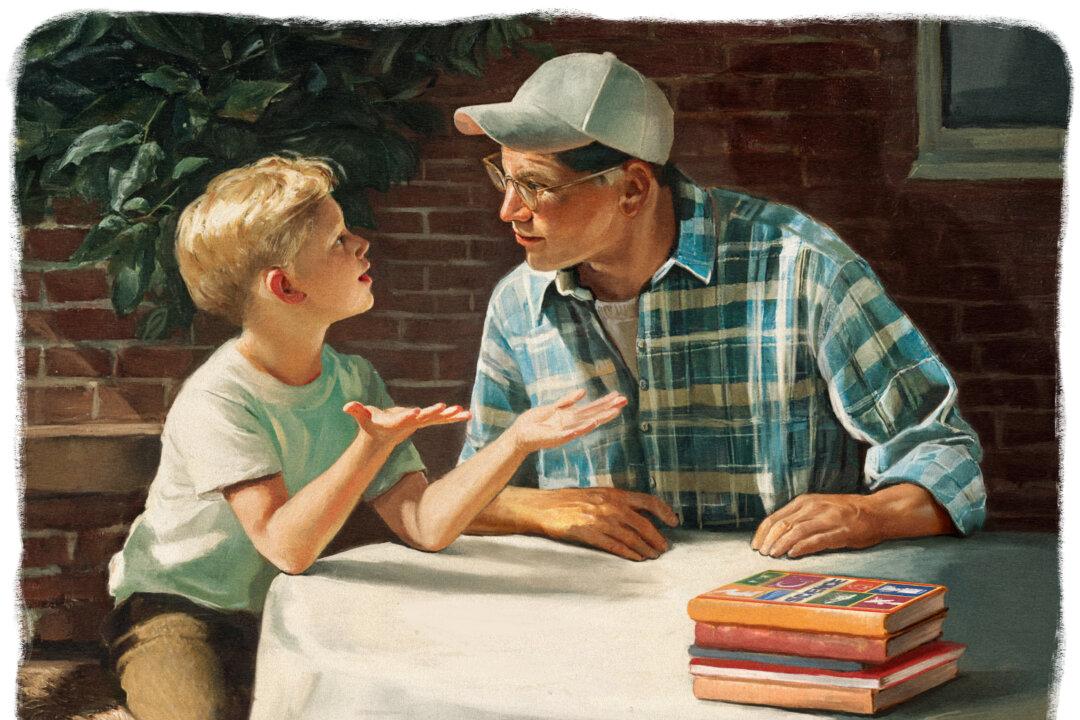“Education is an atmosphere, a discipline, and a life.” Charlotte Mason wrote that sentence to encapsulate the philosophy of her educational program. It was also the motto of the Parents’ National Educational Union (PNEU), an organization that Mason founded in 1887 to test and implement her educational concepts.
The idea that education involves discipline isn’t surprising to most readers. But considering education an “atmosphere” or “a life” might strike contemporary parents and educators as more unexpected or even mysterious. Yet it speaks to the characteristic expansiveness of Mason’s approach. For her, a true education stretched to encompass the entirety of a child’s encounter with the world, like a tree spreading its branches. To achieve this, Mason believed that children’s souls needed to be awakened through an encounter with knowledge.






